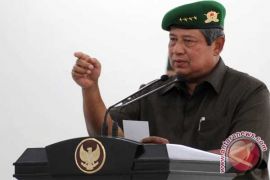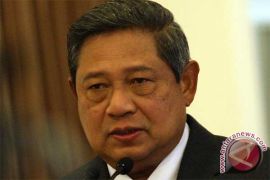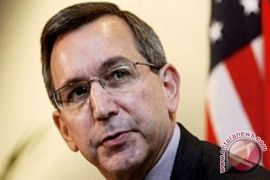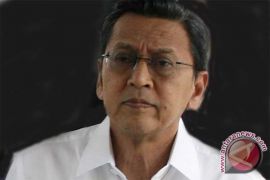"We have sent a reply," Coordinating Minister for Political, Legal and Security Affairs Djoko Suyanto told reporters at the presidential palace compound Friday.
He said the two newspapers, namely The Age and The Sydney Morning Herald, had not implemented good journalism principles. The two newspapers had reported information they had not yet verified.
"The information should have been clarified first to see if it was true or not. Only after that could it be reported. As the President has said, the information is not true at all," he said.
Djoko said the reply was served also as a form of protest to the two media outlets for having worked without respect for good journalism principles.
"Moreover, the story is related to the credibility of a head of state. Are you not offended when your head of state is insulted like that," he said.
Presidential spokesman Julian Aldrin Pasha had earlier said that Indonesia would use its right to reply to respond to the two media outlets` stories.
At a press conference at the presidential office, Julian denied the truth of the story that was based on Wikileaks documents.
Djoko said the Australian media reports did not affect national security. "Our people are smart enough to select information," he said.
He said Indonesia had often been hit by Wikileaks reports but he hoped people and the national media could find the truth.
He said The Age and The Sydney Morning Herald should have checked the truth of the information that came from secret wires from the US embassy in Jakarta that were leaked to Wikileaks with the Indonesian government first, before carrying it in their stories.
Thereby they would have practiced the journalistic principle of covering both sides, he said.
The Age on March 11, 2011 carried a story accusing President Susilo Bambang Yudhoyono of having intervened to protect corrupt political figures and pressure his political opponents using state intelligence agencies.
It said President Yudhoyono after becoming president in 2004 had asked Hendarman Supanji, then deputy attorney general for special crimes to drop the corruption case of Taufik Kiemas, the husband of former president Megawati Soekarnoputri.
The story based on information from secret wires from the US embassy also told about former vice president Jusuf Kalla who had bribed his way into winning the chairmanship of Golkar Party.
The wires also told about First Lady Any Yudhoyono and her close family members who were accused of having used their political connections to enrich themselves.(*)
Editor: Aditia Maruli Radja
Copyright © ANTARA 2011




